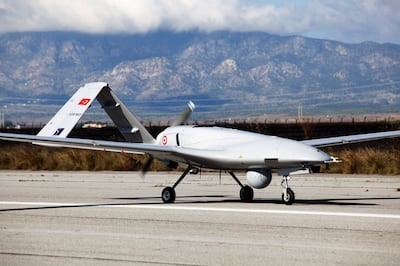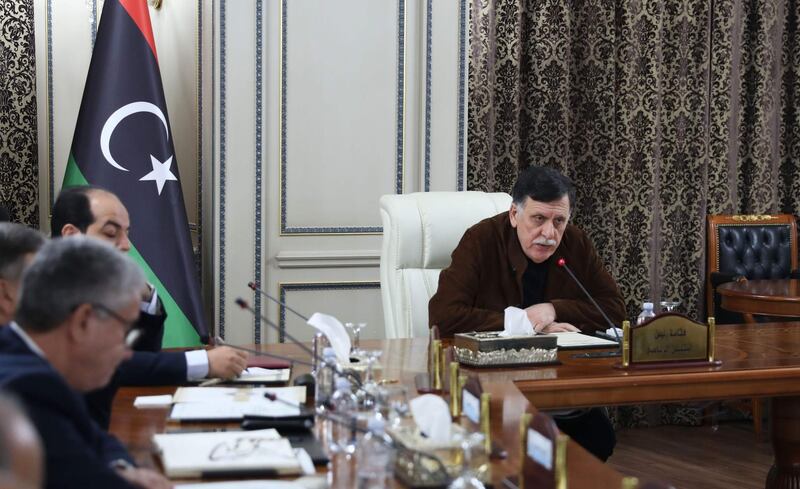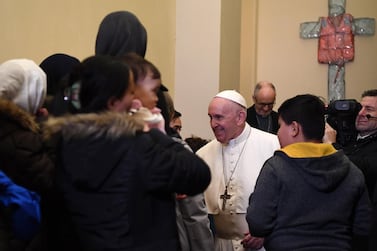The eastern Libyan National Army fighting to capture the country’s capital from the government based in Tripoli on Friday gave the militias defending the city a three-day deadline to pull out.
The LNA issued a statement demanding that the powerful Misrata militias, which are fighting on behalf of the government in the Libyan capital, withdraw from both Tripoli and the coastal city of Sirte. The Misrata militias are named after the western Libyan town of Misrata, which saw some of the heaviest fighting during the 2011 uprising that led to the ouster and killing of longtime dictator Muammar Qaddafi. The militias played a key role in Qadhafi’s ouster.
For months, the LNA and the militias have been locked in fierce clashes on Tripoli’s southern outskirts, with the fighting mostly stalemated.
On Friday, the Tripoli government ratified a maritime and security deal with Turkey that could see Ankara deploy troops to the conflict to bolster the defences of the capital. President Recep Tayyip Erdogan has said several times in recent days that he is willing to send in the Turkish army if requested, although officials have downplayed the possibility of a large deployment in the near future instead saying that training staff and experts could be sent to assist the militias defending Tripoli.

The capital is defended by a rag-tag alliance of different armed groups left over from the uprising against Qaddafi, some of whom are internationally designated terror groups. Field Marshal Khalifa Hafter, who heads the LNA, has said his fight is against these extremist groups, not the nationalist militias.
Last week, Field Marshal Hafter declared that the “zero hour” of the battle for Tripoli had begun, nearly eight months since he began his offensive to take the city. The announcement triggered a fresh bout of clashes around Tripoli.
Friday’s LNA statement warned that if the militias do not withdraw, their town Misrata will continue to be targeted “every day, non-stop and in an unprecedentedly intensive way.”
The warning came shortly after an LNA airstrike targeted sites where Turkish weapons and military equipment had been stored, said the statement. The Tripoli-based UN recognised government led by Prime Minister Fayez Sarraj condemned the attack.
Turkey and Qatar, as well as Italy, have been allied with Mr Sarraj’s government, while Field Marshal Hafter is backed by France, Russia and key Arab countries.
The UN mission in Libya tweeted on Friday that it regrets the recent escalation in fighting and all foreign interference and urged Libyans to return to political dialogue.
Since Field Marshal Hafter’s forces launched their offensive on Tripoli in April, both sides have exchanged accusations of deploying allied foreign forces in the ongoing civil war, which has seen Libya divided since 2015 between two governments, one based in the west, in Tripoli, and the other based in the east. Field Marshal Hafter is allied with the east-based government.







